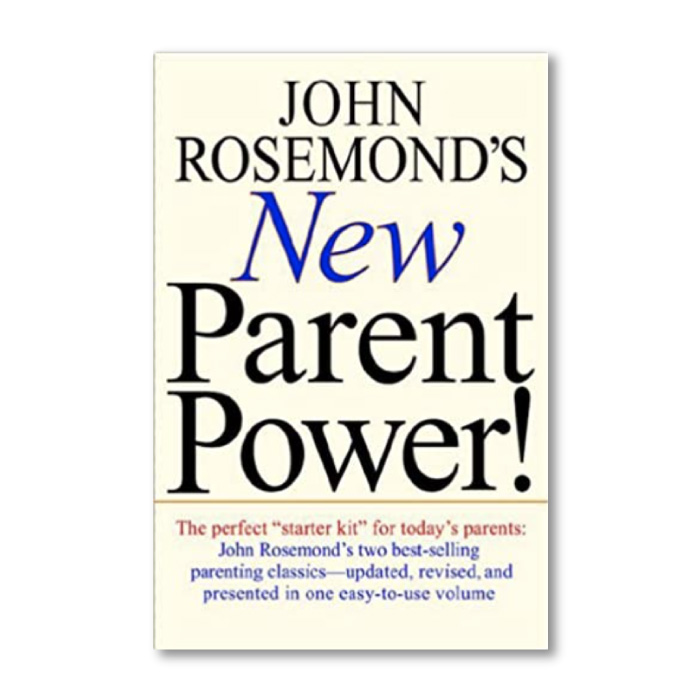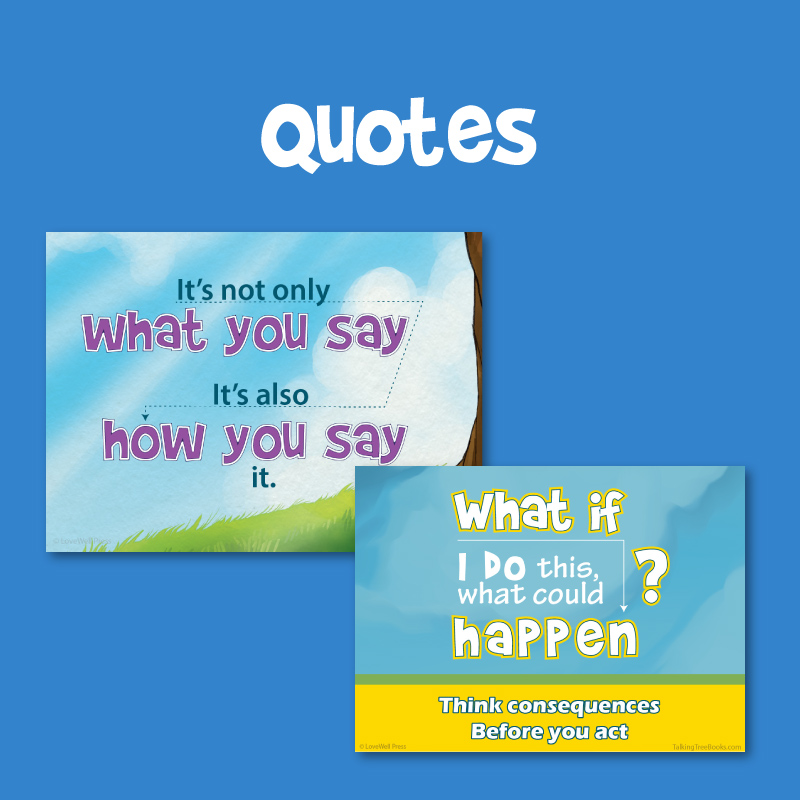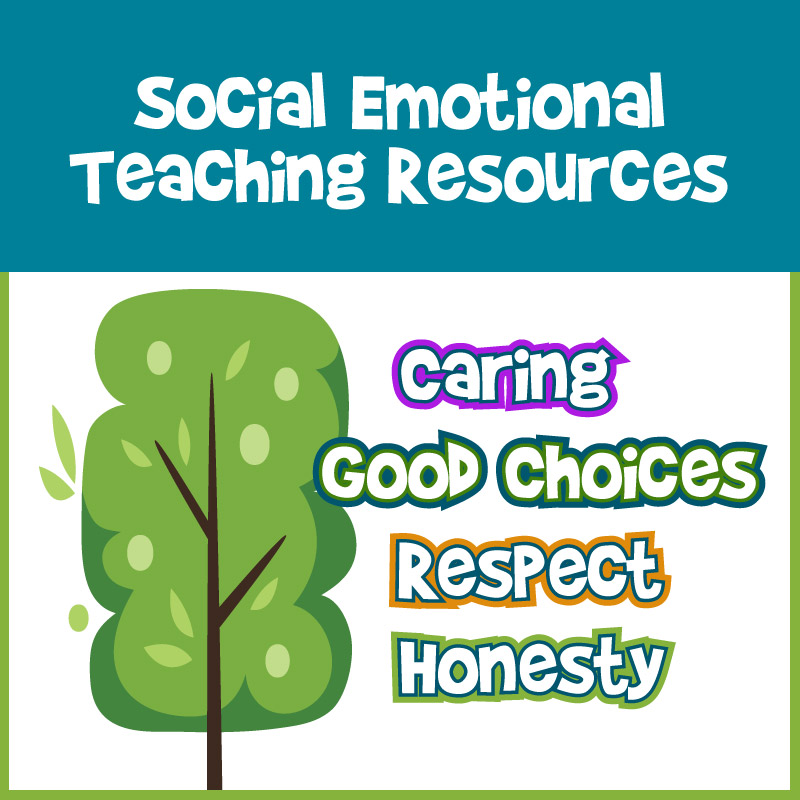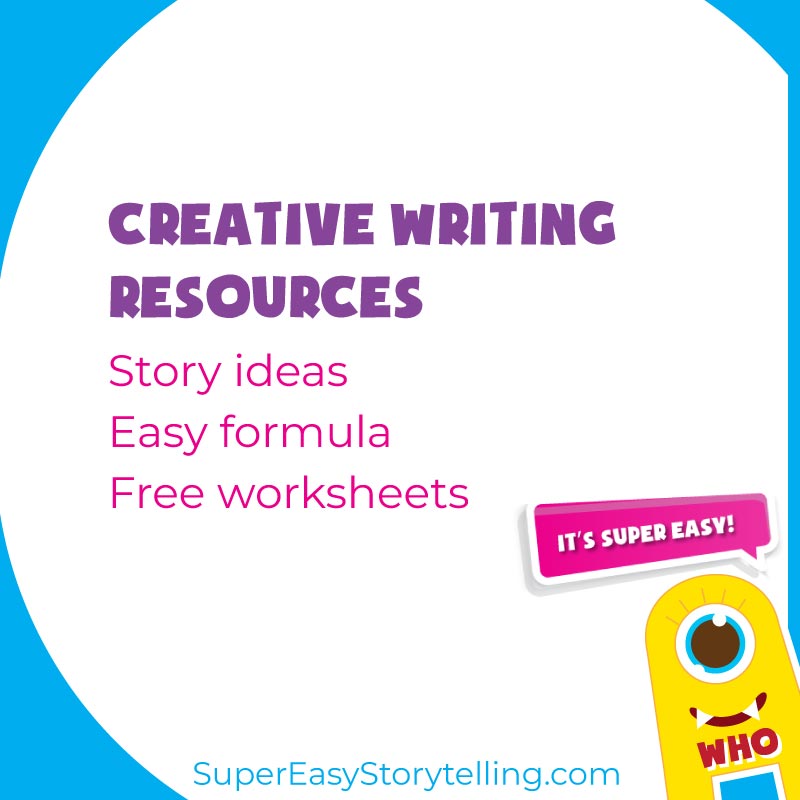"Ask them no questions, and they’ll tell you no lies"
SEL Techniques for Teaching Kids to be Honest
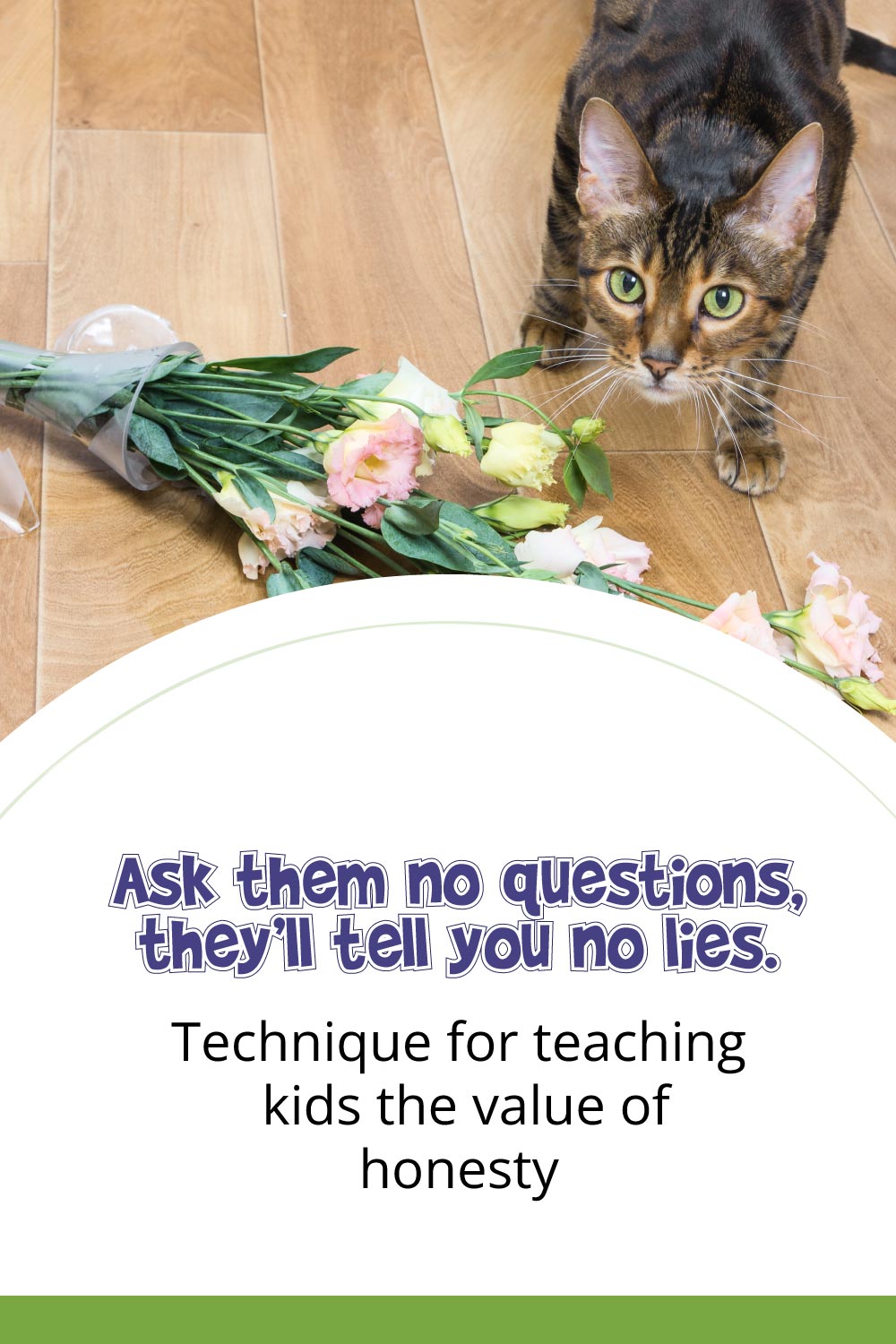
You hear a loud crash. You go to where your child has been playing by himself and find a broken vase. You ask, “Did you break the vase?” Your child answers “No. I didn’t break it, it just fell over.”
Now you have a dilemma—do you address the lie, or the broken vase?
Renowned parenting expert, John Rosemond, has some helpul tips on teaching honesty in this tricky situation.
Tip 1: Don't invite your child to lie
In his book Parent Power!, Rosemond points out that “Most lies young children tell are told because adults ask questions when they already know the answers.” Think of all the times a parent has asked their guilty child, “Did you hit your sibling?” when they can clearly see what happened. Or “Did you take the cookie?” when the crumbs and chocolate are all over a child's face. Now if you really aren’t sure, asking them to tell the truth is essential. But if you know they did it, why are you asking? You are simply inviting the child to be dishonest.
Why children aren’t honest about obvious misdeeds
If you are wondering how your child can stand there and boldly lie to your face, visit our blog “Are you teaching your child to be a better liar?” For children, self-preservation is more important than honesty so kids will lie easily and often to keep themselves out of trouble. It takes children time (and age) to learn the value of honesty which means the way you address honesty throughout their development has a huge impact on whether your child figures out that honesty is the best policy. For tips on how to teach children the value of being honest, try our blog, 4 Strategies to Teach Kids Honesty.
Tip 2: State the obvious and move on
When we find a child in a situation where they've made a mistake, how can parents teach a lesson about responsibility (being careful with other people's things) without muddying the waters with a lesson in honesty (lying about breaking the vase)? John Rosemond recommends that if you know a child committed a misdeed, just state the obvious and move on to addressing the wrong-doing. Using the vase example from earlier in this article, Rosemond recommends that parents avoid asking the child for the truth and instead skip straight to the other issue at hand by stating, “I know you broke my vase. You’ll need to help me clean it up.” That keeps the focus on the misdeed and helps kids avoid the temptation to lie.
Personally, I’d go a bit further to help the child understand the impact their actions have on others. The real lesson here is about respect and being considerate. In terms that children can understand, respect means caring enough about others’ feelings to think before you act. When you come upon the child and the broken vase, you have an opportunity to help your child see that you have feelings too. Just like he wouldn’t like you to break his things, it doesn’t feel good to you when he breaks your things. Showing children the way their actions impact others builds empathy and helps them realize that being responsible helps them avoid harming others.
Explore some resources to teach honesty
Honesty is one of the single most important lessons for children to learn. It’s the foundation of trust, which they’ll need with friends, teachers, parents, and throughout life. Honesty can be challenging to explain, so here are a couple resources that may help.
- Be Proud Story- Share this story about a boy who learns to listen to his conscience and make honest choices that he can be proud of.
- Honesty Teaching Resources- Explore free, printable worksheets, presentations, posters and more teaching resources about honesty.
Note: this page contains affiliate links.
Colleen Doyle Bryant
Colleen Doyle Bryant is the author of five books and more than 50 learning resources about making good choices for the right reasons. Her Talking with Trees series for elementary students and Truth Be Told Quotes series for teens are used in curricula around the world. Rooted in Decency, Colleen’s most recent release, written for an adult audience, explores how the decline in common decency is affecting wellbeing, and how we can build more trust and cooperation. Learn more at ColleenDoyleBryant.com

